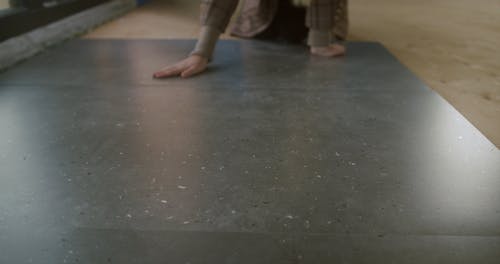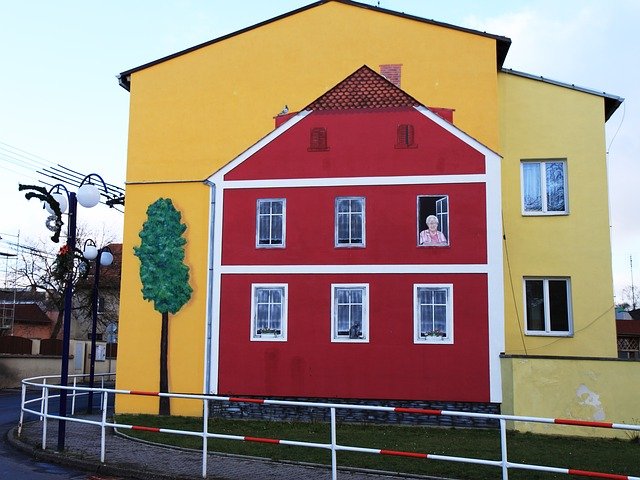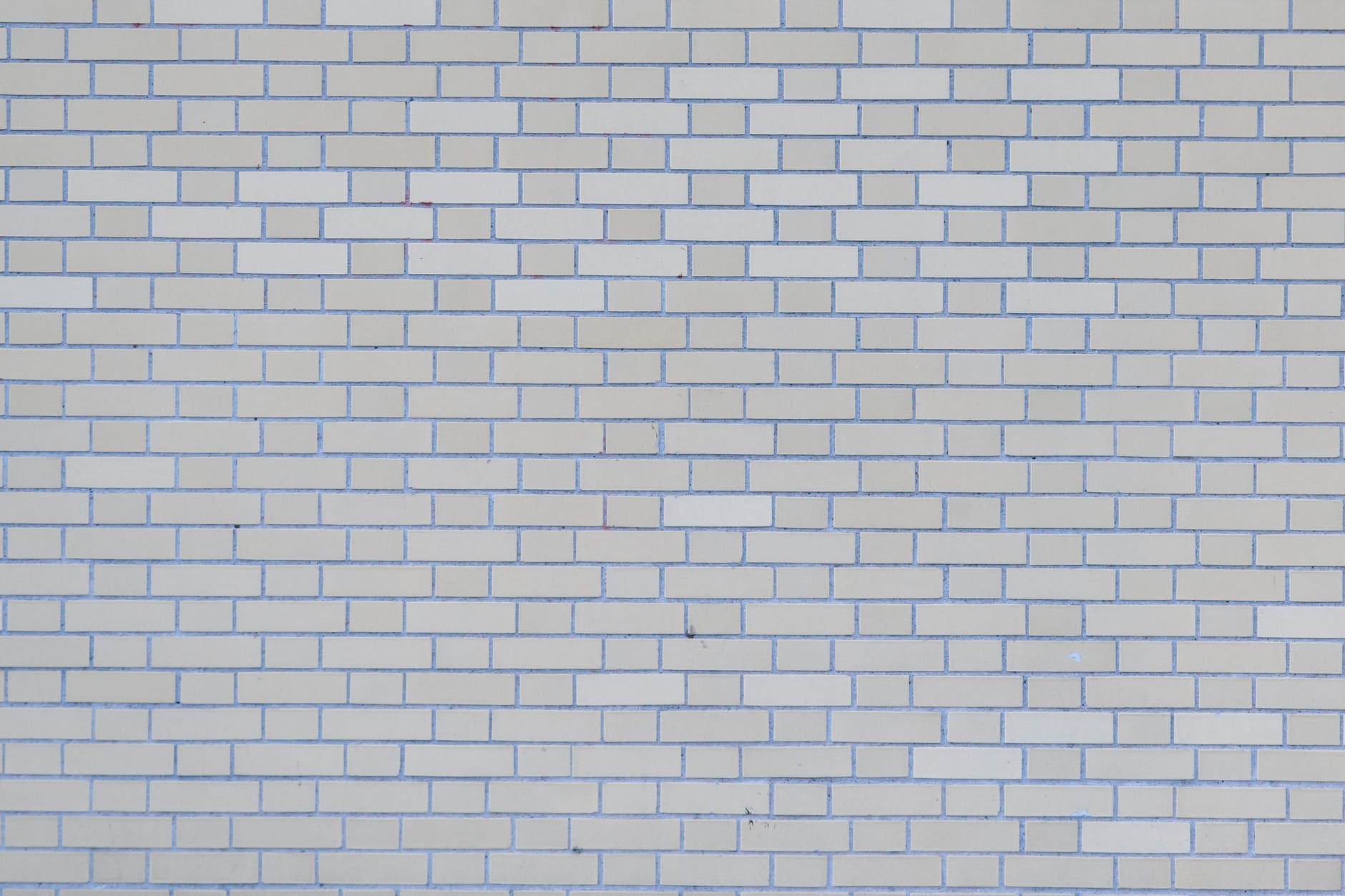Few Things That A Home Inspection Doesnt Cover

Customers always had the difficulty of knowing what a home inspection process included and not included. That's why drafting a pre-inspection agreement or contract is beneficial for both the home inspection service provider as well as the customer.
But, apart from the paperwork, it’s also crucial to educate the customer to know about the things that a home inspection process doesn’t cover. It helps in clearing out any misunderstanding between the customer and the home inspector, while also making the customer more knowledgeable. Therefore, in this comprehensive guide, we’ll be taking a look at some of the aspects that a home inspection doesn’t cover.
The List Of Things That A Home Inspection Process Doesn’t Cover
- Termite Inspection
According to professional services for commercial inspection in Georgetown, one of the most common complaints that customers tend to share is that - home inspectors don’t perform termite inspections. But, according to the home inspection standards and principles, it’s not the home inspector’s duty to inspect for termites inside the house.
The home inspector's job is to simply look for any evidence of termite infestation. For example, if there's wood damage, then the home inspector will note the same down in his or her report. But, the home inspector will never go searching for any termite inspection.
- Hot Tubs & Swimming Pools
In case the property that the home inspector is inspecting has a swimming pool, then he or she might need to perform a separate inspection for the same. This is because most home inspection procedures exclude pool inspections. After all, it's a complex process and the home inspector needs to have a thorough knowledge of the pool's working procedure. The same scenario applies to hot tubs as well.
However, there are some exceptions. For instance, if the property is situated in an area where the presence of swimming pools is a common sight, then the home inspector will be able to provide such a service. Moreover, if the home inspector notices that there's any damage to the pool, such as cracked concrete or torn lining, then the same will be included in the inspection report.
- Inspection Under Floors Or Inside Ceilings/Walls
In general, it’s simply not possible for any home inspector to inspect what’s going inside the walls, ceilings or floors. Home inspectors inspect what’s readily accessible & visible, with some amount of minor exceptions to that rule. Therefore, you cannot expect a home inspector to cut into a wall or floor to know its condition because it would simply destroy the overall property. Home inspectors are just like any other human being and they don't have superpowers to see through walls or floors.
Therefore, a homeowner must understand all of these above-mentioned aspects don't fall under the purview of the home inspector's task. Yes, there can be certain exceptions, but usually, home inspections don't cover these aforementioned checks.
In case you want your home inspector to cover such checks, then we highly suggest talking to your home inspector beforehand, so that proper arrangements can be made for the same.

Why does your company require an epoxy floor coating?
- Any company can look good with a nice flooring! But you can’t deny the benefits of installing an epoxy coating over such floorings in your company.

Know All The Major Steps Followed By Professional Exterior House Painters
- Exterior painting tasks are never cheap. It may cost you a lot of money. It is also not possible to paint the exteriors on your own

5 common problems that plague carpet cleaning
- How many times have you tried cleaning your carpet and found it to have been ineffective? You may blame your carpet cleaning service provider

All you need to know about UPVC cladding and why are they so useful
- If you are into construction and buildings, then you would know what the UPVC is all about and why it is deemed essential by nearly every builder